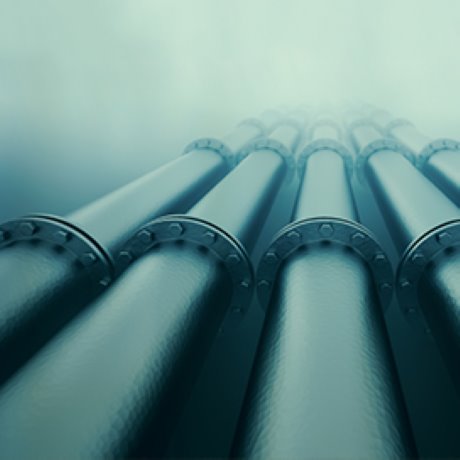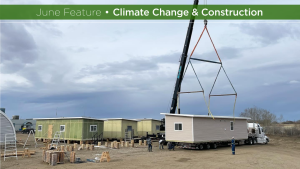WASHINGTON, D.C. – U.S. President Donald Trump has reversed former president Barack Obama’s position on the Keystone XL and Dakota Access pipelines, fast tracking them both for construction, while making clear details of the Keystone XL project will need to be renegotiated.
"From now on we are going to start making pipelines in the United States," Trump said to cameras filming from the Oval Office as he signed executive orders on Jan. 24.
Trump also signed documents to develop a plan to compel builders to use construction materials from the U.S.
The Keystone project was halted in November 2015 by the Obama administration. At the time, Secretary of State John Kerry explained that their analysis determined it would not be in the best interest of the country. Kerry said the project would have negligible impacts on U.S. energy security, would not lead to lower gas prices for American consumers and its long-term contribution to the economy would be marginal.
Kerry also had environmental concerns, saying the project would facilitate transportation in the U.S. by using a "particularly dirty source of fuel."
"The critical factor in my determination was this: moving forward with this project would significantly undermine our ability to continue leading the world in combatting climate change," Kerry said at the time.
The Keystone XL Pipeline Project is a crude oil pipeline beginning in Hardisty, Alta., going through Montana and South Dakota, and terminating in Steele City, Neb.
It would have a projected in-service date of about two years after the issuance of a Presidential permit. The pipeline would have the capacity to transport up to 830,000 barrels of oil per day to Gulf Coast and Midwest refineries. According to Keystone, this would reduce American dependence on oil from Venezuela and the Middle East by up to 40 per cent.
The Dakota Access Pipeline (DAPL) was denied a permit late last year by the Army Corps of Engineers. The project is a $3.8-billion, 1,100-mile pipeline designed to carry around 500,000 barrels per day of crude oil from the Bakken and Three Forks oil production areas in North Dakota to oil markets in the U.S. The Army Corps stated that alternative routes needed to be considered. The project has faced intense protests by the Standing Rock Sioux tribe and its supporters who argued that it threatens drinking water and Native American sites, though Energy Transfer Partners, the company behind the project, believes the pipeline will be safe.
With a Presidential Memorandum, Trump directed the relevant federal agencies, including the Army Corps of Engineers, to expedite reviews and approvals for the remaining portions of the DAPL. According to the White House, the DAPL is more than 90 per cent complete across its entire route.
Only a limited stretch of the project is not yet constructed. The White House stated that timely review and approval of energy pipelines is critical to a strong economy, energy independence and national security.
Trump also has made moves to implement a "Buy American, Hire American" policy, directing the secretary of commerce to develop a plan under which all new pipelines, as well as retrofitted, repaired, or expanded pipelines inside the borders of the United States, are to use materials and equipment produced in the United States.
"Delays and other inefficiencies in the environmental review and permitting process are severely impeding critically important projects to rebuild and modernize our nation’s infrastructure, such as highways, bridges, tunnels, the electrical grid, ports, water systems, airports, railways and pipelines," reads a statement from the White House.











Recent Comments
comments for this post are closed